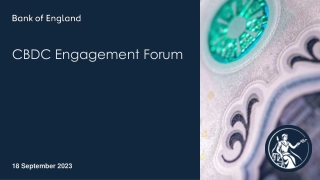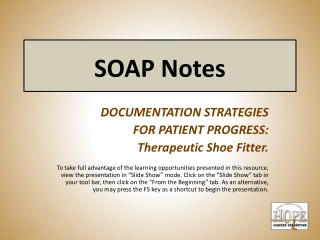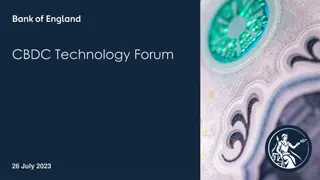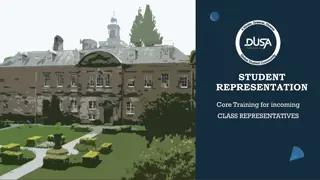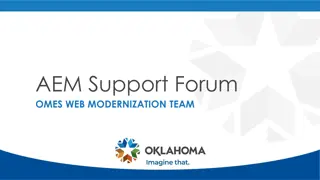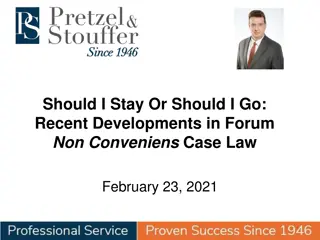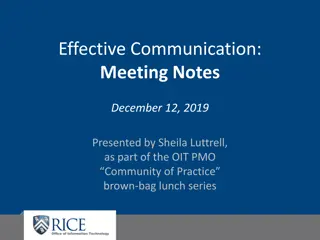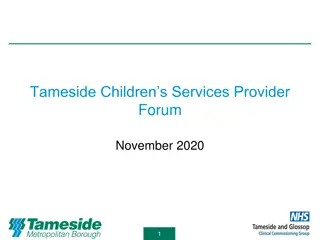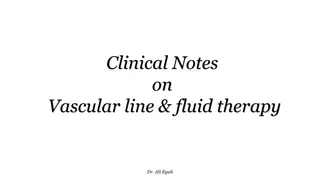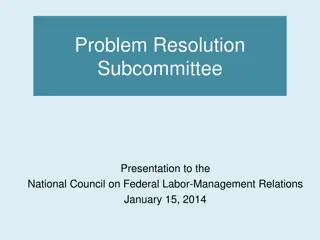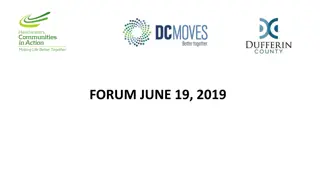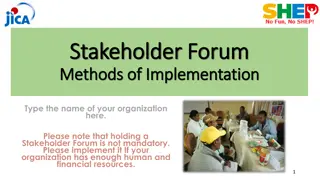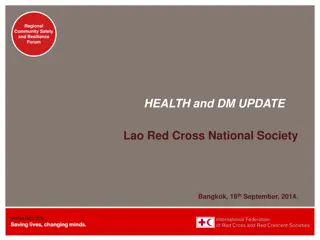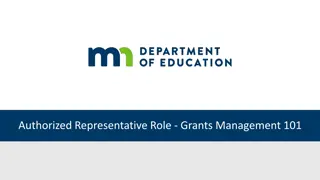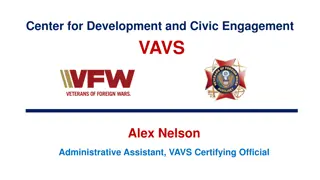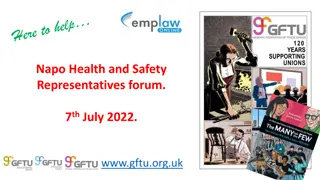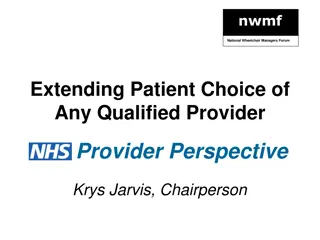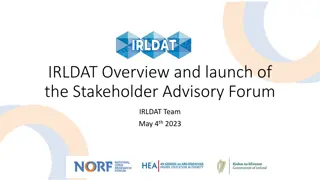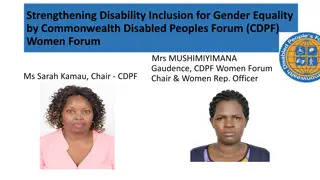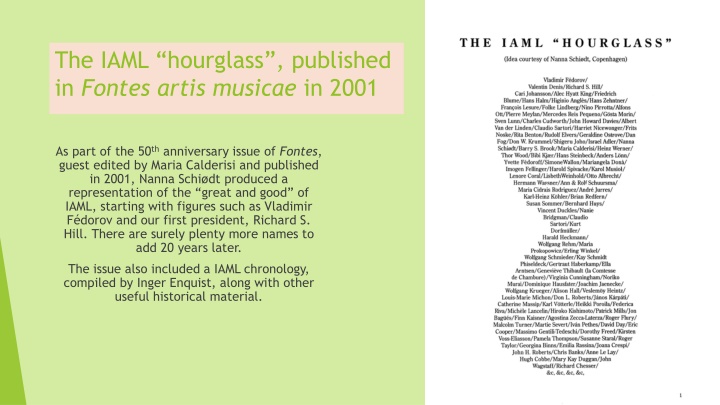
Exploring the Institutional History of IAML Through Archives and Chronicles
Delve into the rich history of the International Association of Music Libraries (IAML) through archives, chronicles, and initiatives. Learn about the pivotal role of national branches, the duties of an IAML Historian, and the importance of preserving records for future generations.
Download Presentation

Please find below an Image/Link to download the presentation.
The content on the website is provided AS IS for your information and personal use only. It may not be sold, licensed, or shared on other websites without obtaining consent from the author. If you encounter any issues during the download, it is possible that the publisher has removed the file from their server.
You are allowed to download the files provided on this website for personal or commercial use, subject to the condition that they are used lawfully. All files are the property of their respective owners.
The content on the website is provided AS IS for your information and personal use only. It may not be sold, licensed, or shared on other websites without obtaining consent from the author.
E N D
Presentation Transcript
The IAML hourglass, published in Fontes artis musicae in 2001 As part of the 50thanniversary issue of Fontes, guest edited by Maria Calderisi and published in 2001, Nanna Schi dt produced a representation of the great and good of IAML, starting with figures such as Vladimir F dorov and our first president, Richard S. Hill. There are surely plenty more names to add 20 years later. The issue also included a IAML chronology, compiled by Inger Enquist, along with other useful historical material.
The IAML hourglass reminds us that while Institutional History is about Initiatives and projects, conferences and meetings . At the heart of any organisation (including IAML) is People Therefore, to create a balanced history of IAML we need good records of both people and initiatives. National branches have a key role to play in this process.
IAML Historian Job description to chronicle the development of IAML as an international organisation To be achieved by
1. Periodic essays that continue the story as written by Harald Heckmann for the 50th anniversary number of Fontes in 2001 2. An annual update to the IAML Chronology, published on the IAML website at https://www.iaml.info/iaml-chronology 3. Encouraging the recording of oral histories and written interviews with current or retired IAML members 4. Working closely with IAML s Secretary General and with the IAML Archivist and IAML s Publications Committee
Question: What can national representatives do? (1) Answer: a lot! For example: 1. if you don t already have a plan for storing your paper and electronic records, please think about making one some advice is available at https://www.iaml.info/iaml-archives Make someone (but preferably everyone) in your Branch administration responsible for collecting and preserving documents. 2. Is there a fulllist of your Branch s publications, your Branch presidents and officers anywhere? What happens to the papers produced for meetings of your national committee, and of any subcommittees? Do you run training courses, and if so, who preserves the documentation? Are you regularly depositing material with the IAML e-archive? Do you have a system set up for this?
Good thing that someone kept this This is the first page of a typescript report by Vladimir F dorov about the 1949 Florence World conference of music libraries. With the exception of a short published journal article it is the only surviving information we have about this meeting.
What can national representatives do? (2) 3. Oral history interviews (Zeitzeugeninterviews/entretiens dans un programme d histoire orale): think about interviewing some of the more senior members of your branch, and preserving the interviews none of us is around forever, and it is very easy to lose the memory of your branch when more senior members retire. Problems with oral history? Chiefly, (i) reluctance on the part of potential interviewees to participate I don t have anything to say ; I don t accidentally want to say something bad about somebody ; I might mis- remember something . (ii) Nervousness on the part of interviewers I might run out of questions ; I might say something stupid . (iii) practical aspects Transcribing this will take ages, and I m not sure of some of the names . I don t have the time . (iv) long-term storage, and the issue of format migration There s some advice out there on the web for new interviewers, for example UCLA s Center for Oral History Research has useful guidelines at http://oralhistory.library.ucla.edu/interviewGuidelines.html
What can national representatives do? (3) Your branch publications newsletters, journals, etc. If you can, digitize them and upload them to your branch website, and/or to your national branch s section of big IAML s website. If you can t digitize them, at least list them somewhere, and try to make sure you know who has a paper copy. Lots of national branches have already done this -- have you? Do you have a branch anniversary coming up? 5 years? 10? 25? Anniversaries can be a great catalyst for reviewing your branch history, getting memoirs written/recorded, and so on. Could you use IAML s upcoming 70th anniversary as the jumping-off point for a national branch initiative?
To return to where we started We need to honour the past, but not be held back by it. 70 years of institutional history is to be celebrated, and we should not feel intimidated. Get your name in the hourglass!
Thank you for your attention John Wagstaff Working at: Christ s College Library, Cambridge (and as IAML Historian) E-mail: djw210@cam.ac.uk

